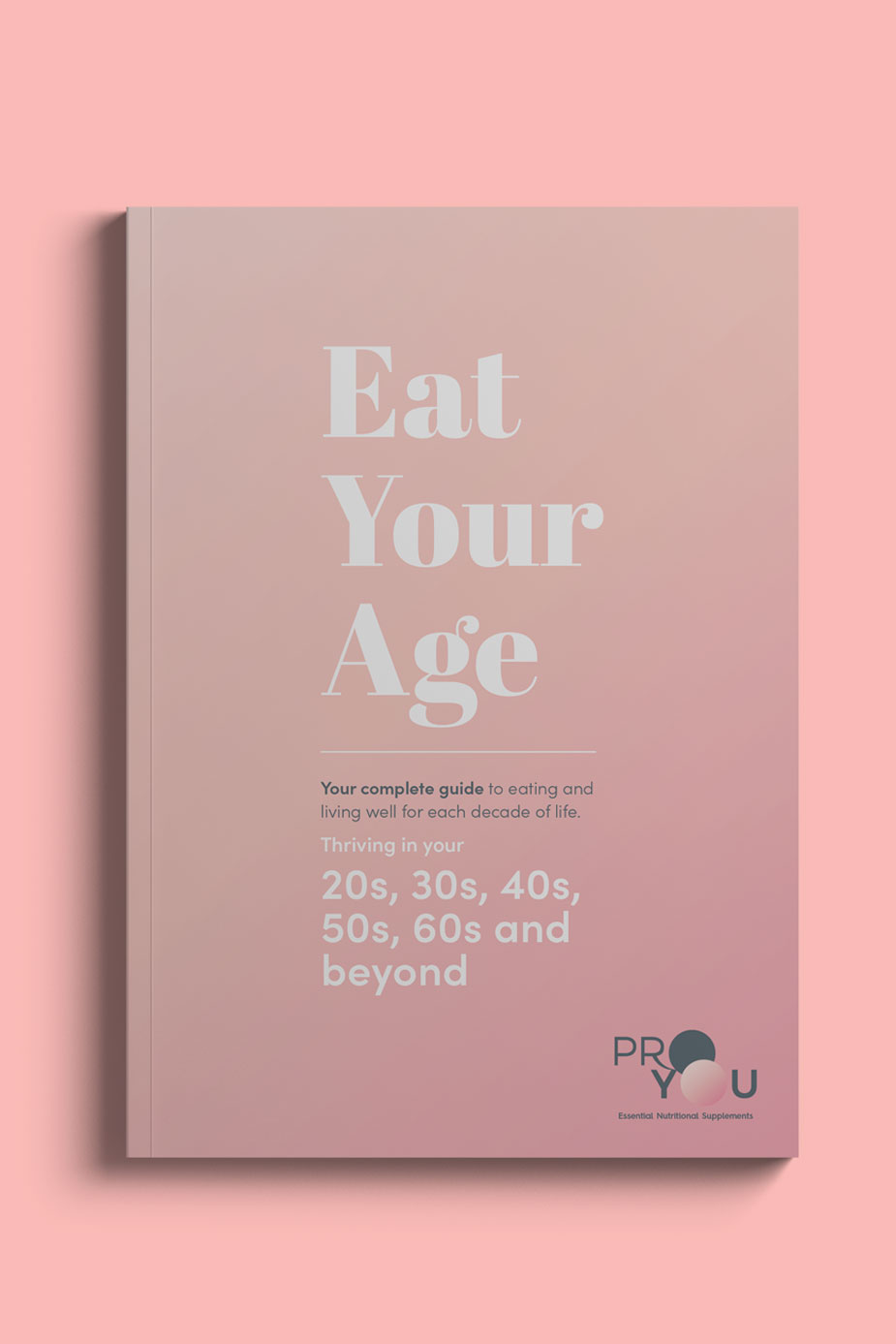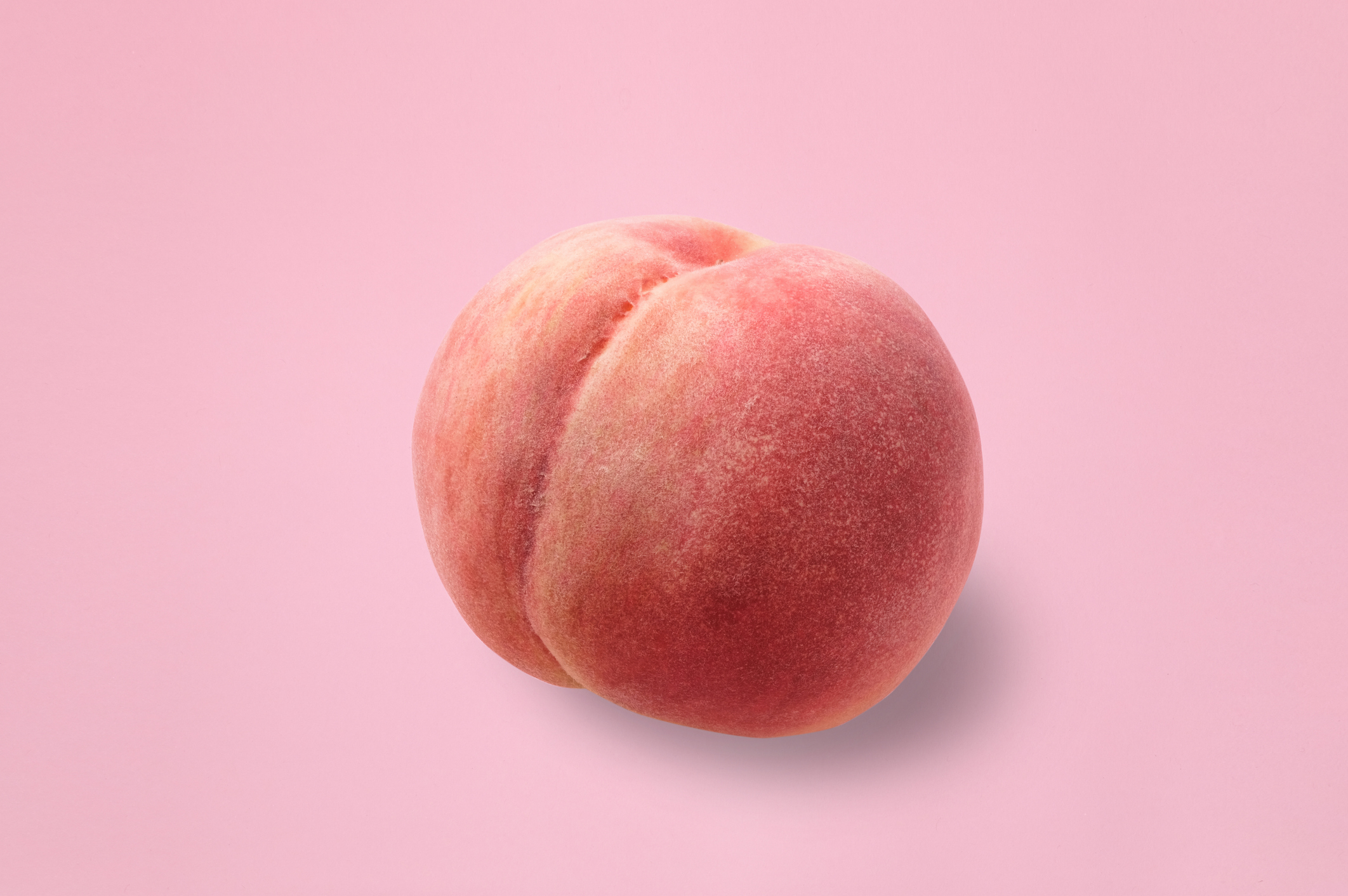The effect of diet culture on women’s hormones and menstrual cycles
Sara Widdowson AKA Your Monthly Club has started a mission to restore women’s hormone health through education, tools and support. Sara is a NZ registered dietician, and women’s health expert who believes women need to know more about their bodies, their hormones, and their fertility. Everyday she is working with clients battling issues such as painful periods, PMS, PCOS, Hypothalamic Amenorrhea, Endometriosis and fertility issues. She is a wealth of knowledge with many tricks and tips up her sleeve – a total goldmine for hormonal health!
We asked Sara what sort of effects diet culture can have on women’s hormones and menstrual cycles. We know that talking about periods isn’t always the most comfortable, cosy conversation but it is a natural superpower and is so important!
Here’s what Sara had to say!

Sara Widdowson, founder of Your Monthly Club. BSc Human Nutrition, Master Dietetics. @yourmonthly
“Fad diets are everywhere. Whether it’s keto, low carb, fasting or paleo it seems like every year a new diet trend arises with the promise of weight loss and improved health. While dieting might seem harmless, it is important to understand the impact low-calorie diets can have on our hormonal health as women (particularly those aged 12-35 years of age).
Ovulation is the event that happens roughly 2 weeks before our period and ovulation is controlled by a part of the brain called the hypothalamus. Each month the hypothalamus needs to signal to our ovaries that they can start the process of ovulation as well as prepare our uterine lining. Our hypothalamus is a primitive part of our brain that has no conscious awareness meaning that if you restrict your calorie intake it can perceive that as you no longer have access to food (just like you are in a famine) rather than understanding that you’ve intentionally put yourself on a diet. The hypothalamus will then turn off the ovulation process as it believes that you do not have access to sufficient resources to maintain a pregnancy as ovulation is the beginning process of conceiving.
Fasting provides additional issues as not only are you depriving your body and brain of essential calories but it also increases the production of stress hormones in women. Long term production of stress hormones such as cortisol tells our Hypothalamus yet again that we are not in a safe environment and would lead to further ovulation problems.
Even if falling pregnant isn’t on your wishlist, ovulation is a marker of fertility and being fertile is so much more than making babies! Ovulation requires the hormone Oestrogen who helps us to build strong bones, increases our confidence and helps keep the vagina microbiome nice and healthy. After ovulation, the hormone Progesterone is produced and this hormone is essential for mood and mental well-being as well as reducing our risk of certain cancers.
If you have experienced Amenorrhea (loss of period) you should head along to your doctor to discuss how they can support you to experience a healthy cycle again. If you have decided to try an extreme diet and notice changes in your period health it would be worth reconsidering the impact of your food choices. We know that dieting increases our risk of developing an eating disorder, increases fear of weight gain and desire to binge eat but we also now understand that diet culture has a detrimental impact on our cycle health as young women.”
Join the Your Monthly community on Instagram @yourmonthly or find out more about Your Monthly here.
Download ‘Eat Your Age’ – Your complete guide to eating and living well for each decade of life.








